ESP / Zener Cards – Are You a Believer?
We’ve all heard someone say they have a “sixth sense” as an explanation for an unexplainable phenomenon. But have you ever wondered whether a sixth sense, also commonly referred to as ESP, can be proven?
The short answer is that there has never been any proof of actual psychic phenomena, but it still makes for an interesting historical topic.
Zener cards, or ESP cards, were used to answer this challenge by conducting experiments with a deck of 25 cards depicting five different symbols (circle, Greek cross, vertical wavy lines, square, five-pointed star). Perceptual psychologist Karl Zener designed the cards in the early 1930s for experiments conducted with his colleague, a parapsychologist named J. B. Rhine.
To determine the validity of someone’s claim of ESP, Rhine created an experiment that started with shuffling the deck and picking a random card. The experimenter would then ask the person being tested which of the five symbols had been chosen, sight unseen. This would be repeated until the deck was exhausted, and they would see how many times the subject guessed correctly, which should be 20% statistically.
Unfortunately, the potential for cheating, along with sensory cues and other methodological flaws, ultimately discredited Rhine’s experiments. Due to such issues, card-guessing is no longer used in these kinds of studies.

Rhine’s pioneering efforts, however, didn’t end there. He is credited with coining the term “parapsychology” and with founding the parapsychology lab at Duke University, the Journal of Parapsychology and the Parapsychology Association.
Today, the Rhine Research Center is an independent, non-profit organization that takes a scientific approach to anomalous phenomena and exceptional human experience, where research about ESP, psychic phenomena and parapsychology continues to be conducted. Its mission is to study unexplainable phenomena that a person may experience and to share its findings and resources with the public through online courses, educational events and meetings.
ESP and mentalism aren’t that far off from one another. Mentalism might seem to imply that a person has a kind of supernatural power, similar to someone having a sixth sense. But it’s through a keen sense of observation, combined with a knowledge of human psychology and behavior, that a professional mentalist like myself seems to pull thoughts from people’s minds, influence their behavior onstage and predict the outcome of future events.
Both imply that the mind is more complex than we fully understand. That’s the truly exciting part for me. And for my audiences. Mentalists and illusionists are now being studied by neuroscientists to help determine exactly why we think and believe the things that we do.
So, are you a believer?
Kevin Viner
I’m a professional mentalist who travels the world performing. Beyond my profession, my interests include writing music, guitar, aviation, martial arts, and mathematics.
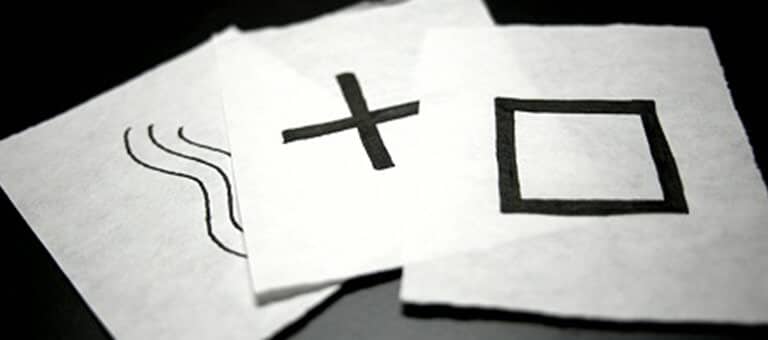


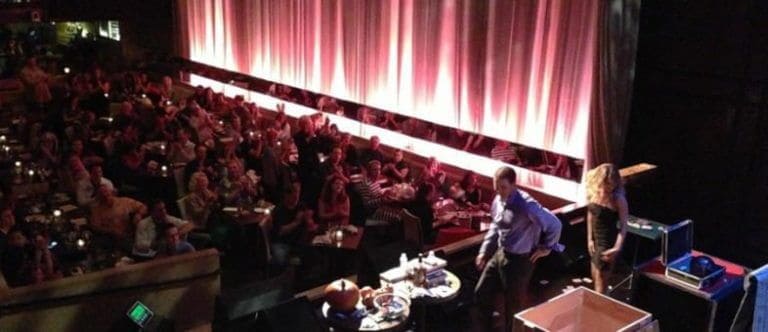
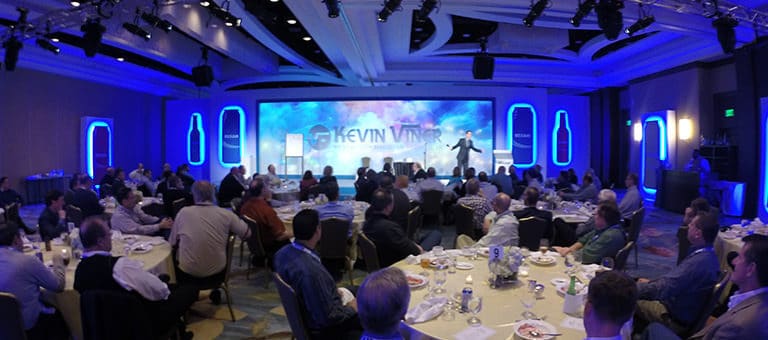
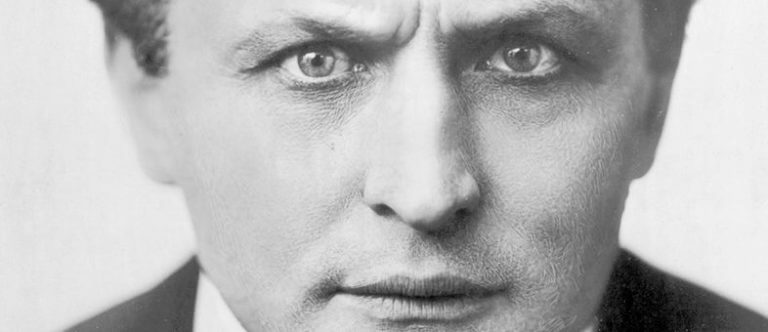
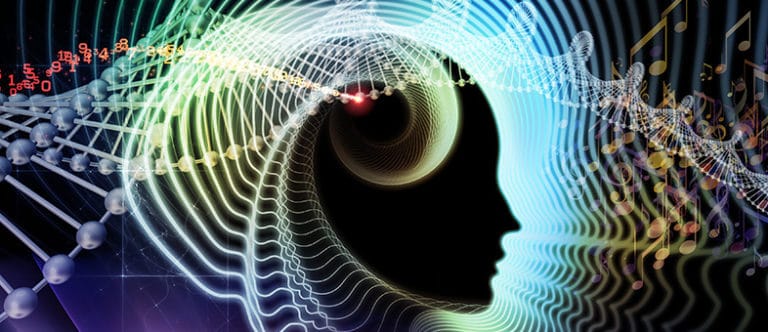
Hi Kevin, Yes, I am a believer in ESP because I have experienced it many times for myself as well as with other people. Excellent article, accurate and well researched. I admire your acute powers of observation and knowledge that enable you to simulate this ability or gift. It is possible that those of us who possess some ability in this area are drawing on some of the same skills, but doing it unconsciously instead of consciously as you have learned to do.
Kevin,
Do you believe in vampires?
If you don’t, it doesn’t matter. Many in your audiences do and still applaud your style!